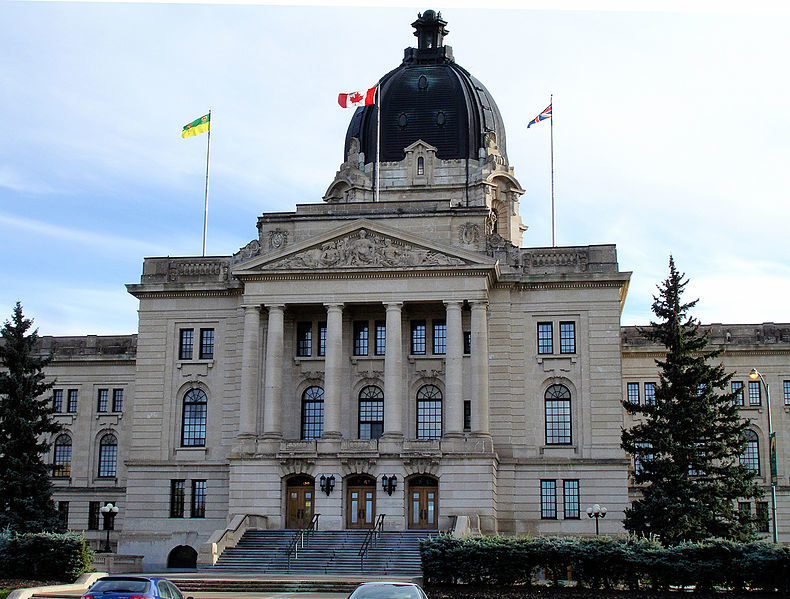Changes to Saskatchewan FOI laws are good news for journalists
This story was funded by the J-Source Patreon campaign.
By Evan Radford
Maclean’s writer and editor Nancy Macdonald wanted to dig deeper into carding after hearing how common it is from her Indigenous friends in her hometown, Winnipeg.
The term ‘carding’ comes from Toronto, where police would stop people and write down their information on cards, a practice critics felt was racially motivated. Indigenous people in western Canada have reported similar feelings of being targeted by police with random stops and ID checks.
Macdonald’s investigation took her through western Canada and brought her to Regina, up against the stonewall of the Regina police service and chief Troy Hagen’s legal counsel.
“We submitted requests for police agencies across the west. It was Vancouver, Edmonton, Regina and Winnipeg,” she said. “We got a letter from the (Regina) chief of police, who spoke to us through his lawyer, who said they weren’t going to be responding.”
Macdonald was working with Vancouver-based start-up Discourse Media for the project. When they filed their FOI requests, Saskatchewan was one of just two provinces whose FOI legislation excluded police authorities.
That may soon change. On June 13 Saskatchewan justice minister Gordon Wyant introduced amendments to the Local Authorities Freedom of Information and Privacy Protection Act to include police services.
If the amendment passes, P.E.I will be the lone remaining province without such legislation.
While scrumming with reporters on June 13, Wyant said he had spoken with local police authorities to let them know the changes were coming.
“I think most of them realized that there was going to be a point in time when they were going to be caught by our legislation, so they had been expecting it,” he said.
Ministry spokesperson Noel Busse said the changes are based on recommendations by information and privacy commissioner Ronald J. Kruzeniski.
“Making police services subject to local authority freedom of information legislation will promote transparency and accountability, and make Saskatchewan legislation consistent with the majority of Canadian jurisdictions,” Busse said.
The next step is amendments to the act, which will be read and voted on in this year’s fall sitting of the legislature; if it passes, the law should be proclaimed into force in spring 2017, according to Busse.
Macdonald was able to get the information she needed without the help of Regina’s police. She and Discourse Media created their own sample sets, surveying Indigenous university students.
They found that Indigenous students were two times more likely to be stopped by a police officer than non-Indigenous students.
But she thought it was bizarre that Saskatchewan’s police agencies could be exempted from questions about how they do their work. “I think data is really important, and it’s really important in terms of giving people an accurate depiction of what’s happening,” said Macdonald.
“I was pleased to see that those changes (are being) made. And the police are going to have to respond to these requests, just like every other government body in Saskatchewan.”
Evan Radford is a Saskatchewan-based freelance journalist interested in provincial politics, policing, Indigenous issues, and the province's fickle football team.




